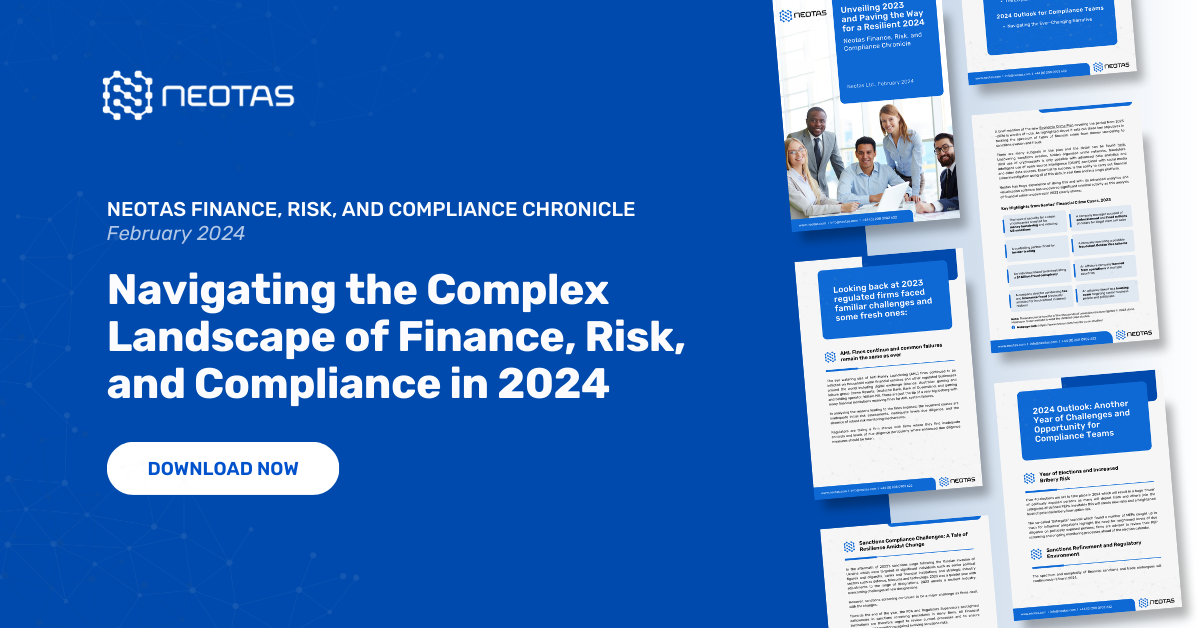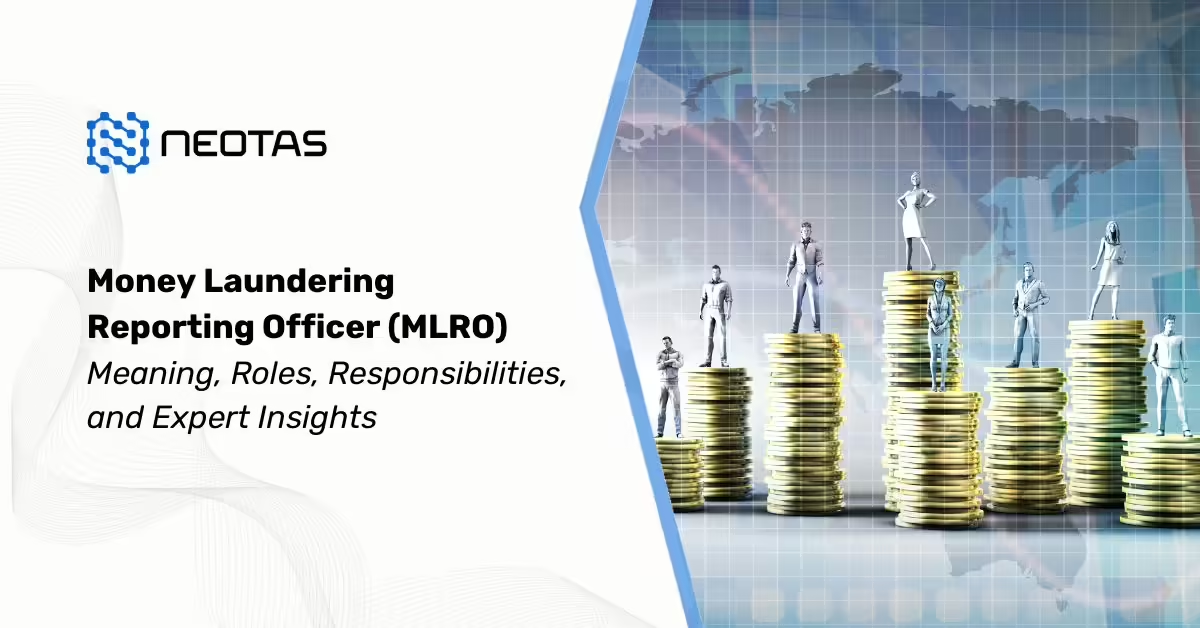In PART 1 of the Courage, Culture and Conduct series, Patrick Butler shared his views on overcoming the fear factor to drive success. >> READ HERE
PART 2: Courage as the foundation of a value-focused culture
Cognitive bias can cause fear of new ideas and new ways. We see examples of specific behavioural models (Confirmation bias, Framing, Anchoring etc), when decision makers…
- rely on instincts and practices developed over years that result in downplaying or ignoring uncomfortable messages
focus on what is easy to measure, or provides positive evidence for past decisions, rather than seeking out ways to measure the more important warning signs - deprioritise active learning, questioning behaviour to find new ways to measure, and so foster less tangible but fundamental behavioural drivers of success
- ignore innovations that may give better insight to clients or staff and so be able to predict and better influence their likely future behaviours to benefit all stakeholders.
Instead, we need to foster courage at every level of the firm, from the board downwards, to:
- challenge the status quo in both the firm’s and their own thinking to drive an open, aspirational culture – rather than one of over-control, blame and fear
- show humanity and integrity (by which we mean authenticity) to set the example and inspire staff to do likewise
- be open about failures in order to encourage lessons to be learned
- speak up when something does not look right, or with fresh ideas that may enhance the firm’s ability to succeed in the long term, even if they may have a short-term cost.
This may be intuitive, but shareholders demand financial returns , not measures of collaboration. ‘Humility’ does not pay pensions that are due or provide expected investor returns. However, without the strong foundation of these qualities, you risk a Carillion, a Nokia, a Lehman, Bear Stearns, a Patisserie Valerie, Tesco, LIBOR, Interest Rate Swaps… etc. etc.
Thus, managers who have the courage to have open discussions with boards and shareholders to demonstrate the link between good conduct, good business practices and longer-term confidence in order to take better strategic decisions, will build trust, productivity and thus success for their firms – as well as themselves.
Forward-thinking leaders can become the catalysts for sustainable value for their firms and the rehabilitation of the finance industry, greater confidence and participation in the market, reducing volatility and driving growth. With finance as the lifeblood of the economy, I need hardly spell out what this will do for standards of living.
So, what can senior managers do – in practice?
• Can they, in fact, measure culture?
• How might they really build a better understanding of their colleagues’ motivations, to align personal goals with the values of a firm and interests of shareholders and customers alike, to ensure long-term success?
Instilling cultural and behavioural change from the ‘ground up’ can be challenging, but by aligning measured approaches and gathering insights that are honest and true, managers can foster better decision making that will benefit clients, colleagues and shareholders alike.
The key to this is finding reliable ways to measure the behavioural drivers…
In Part 3 of the Courage, Culture and Conduct series, we’ll take a look at the ways in which we can measure culture. CLICK HERE to follow us and receive live updates.
About this series:
The concepts in this series and some of the new tools available to manage culture will be discussed further at the UK Finance Culture eats Strategy for Breakfast event on 14 March for Board level executives. They will also be explored in more detail within the fourth cohort of the Conduct and Culture Academy beginning at the end of March.
About the author:
Patrick Butler is co-founder of the Conduct and Culture Academy at UK Finance and founder of Calitor Limited. A former Diplomat, Investment banker, Operating Officer, Head of Compliance, he now advises and coaches senior management and future leaders to enhance behavioural understanding underpinning practical solutions to meet the changing regulatory landscape and build competitive advantage.



 Financial Crime Compliance Trends 2024
Financial Crime Compliance Trends 2024












